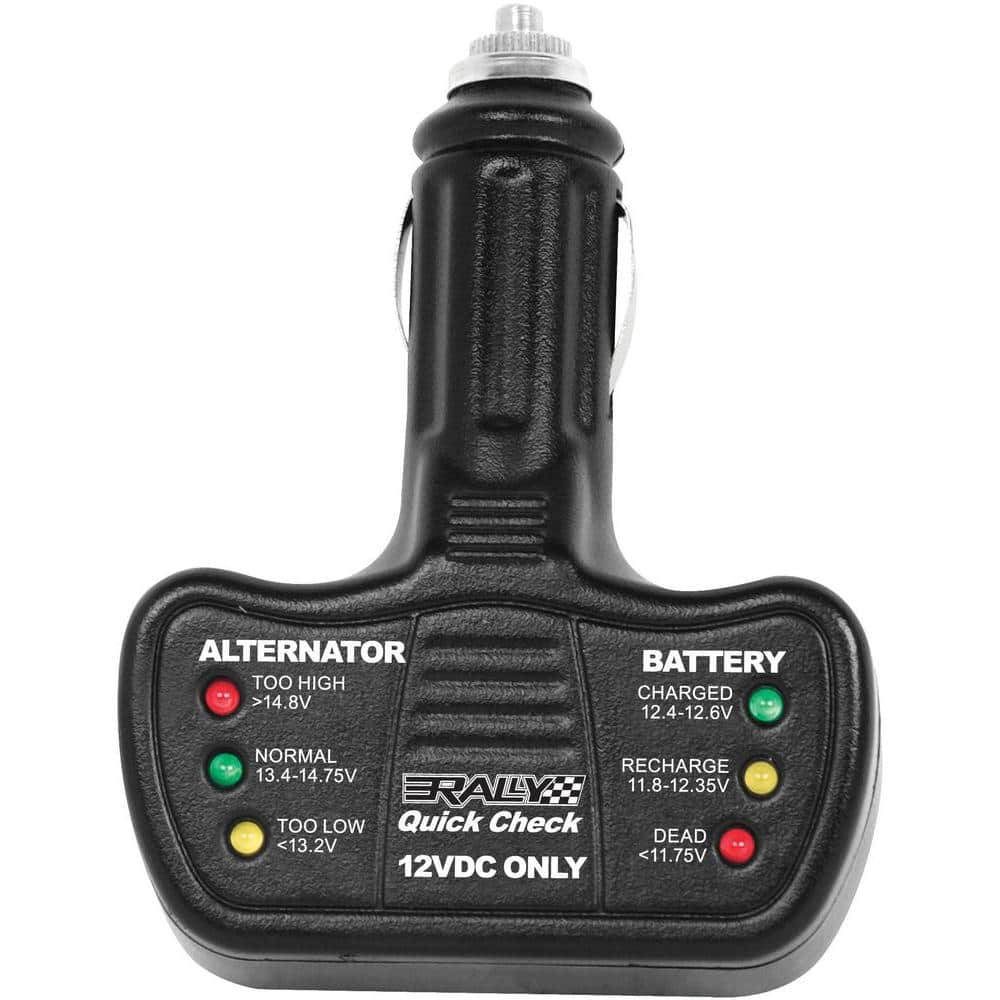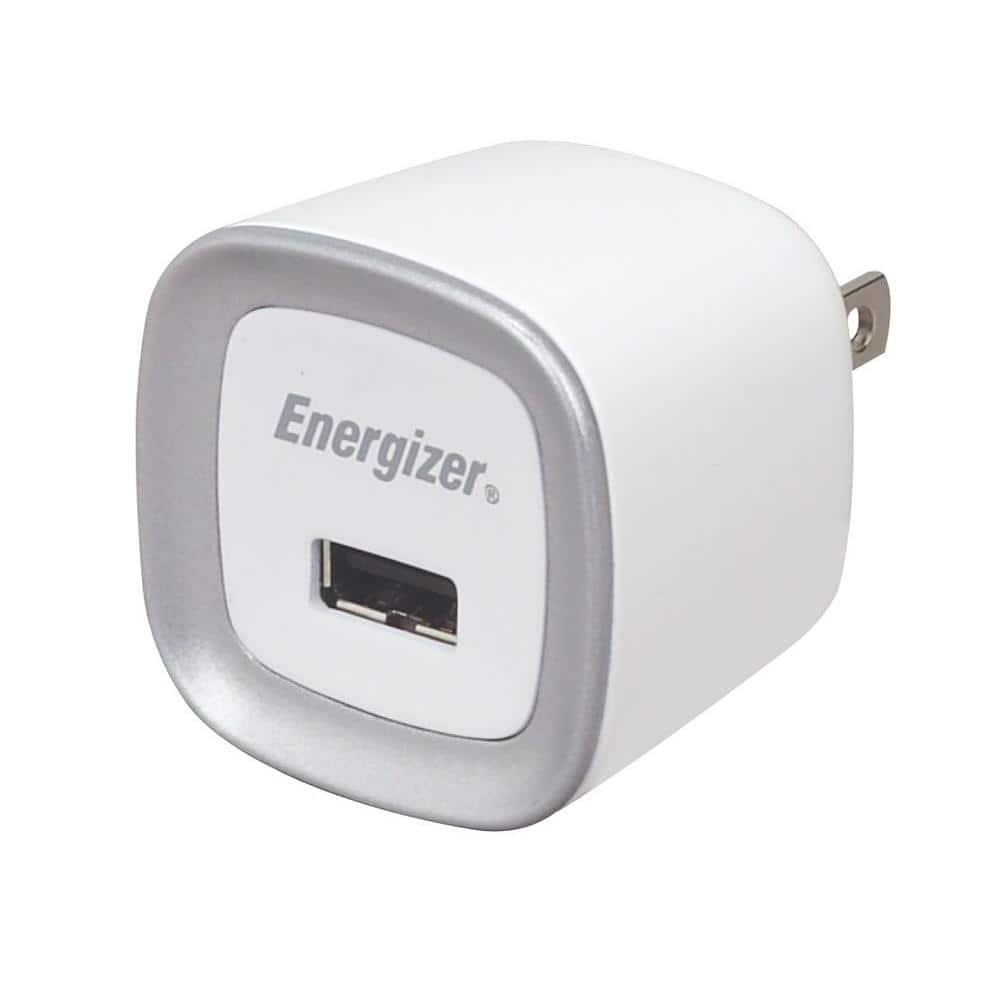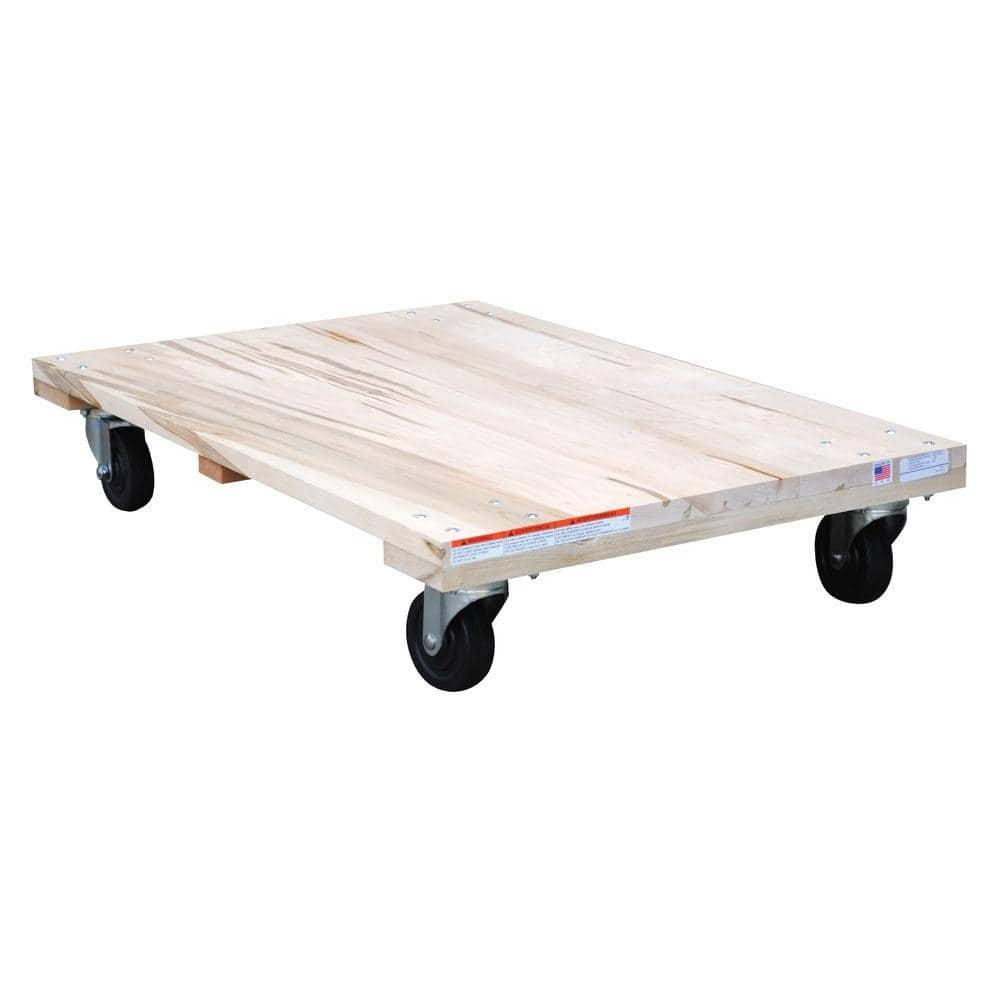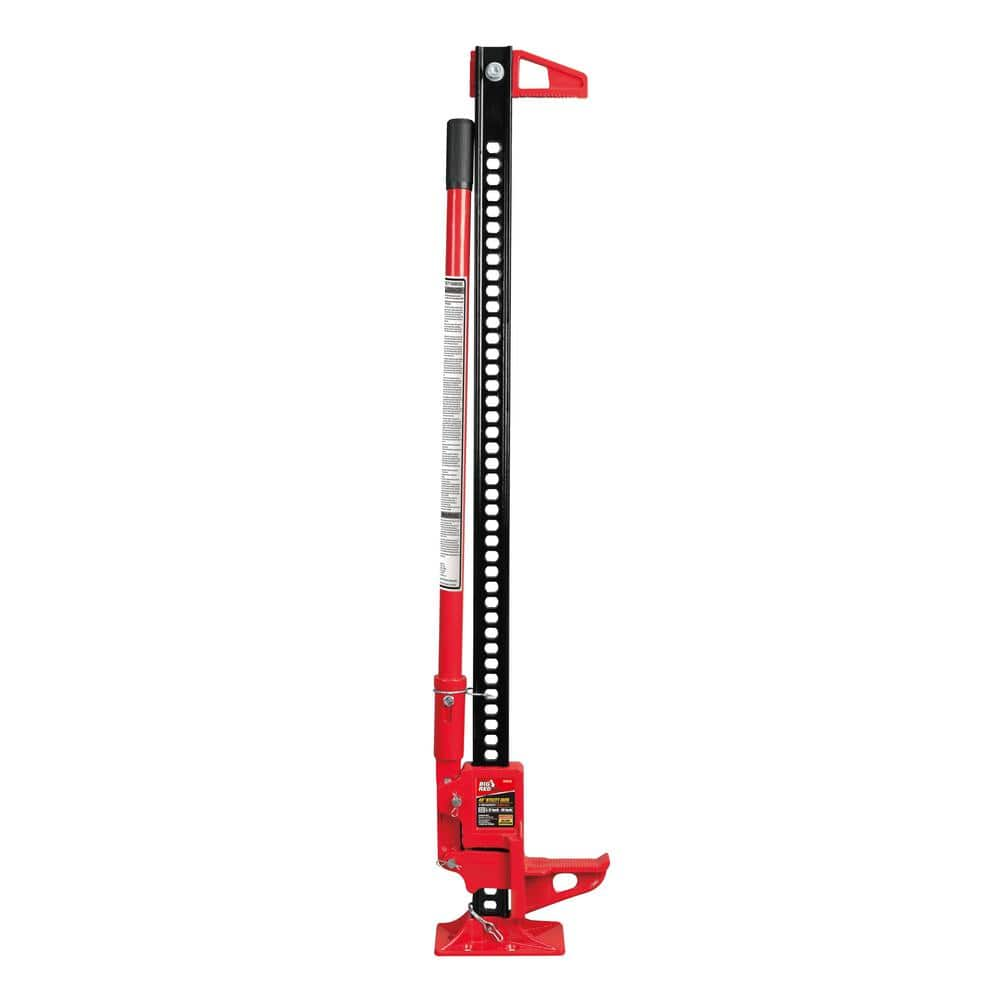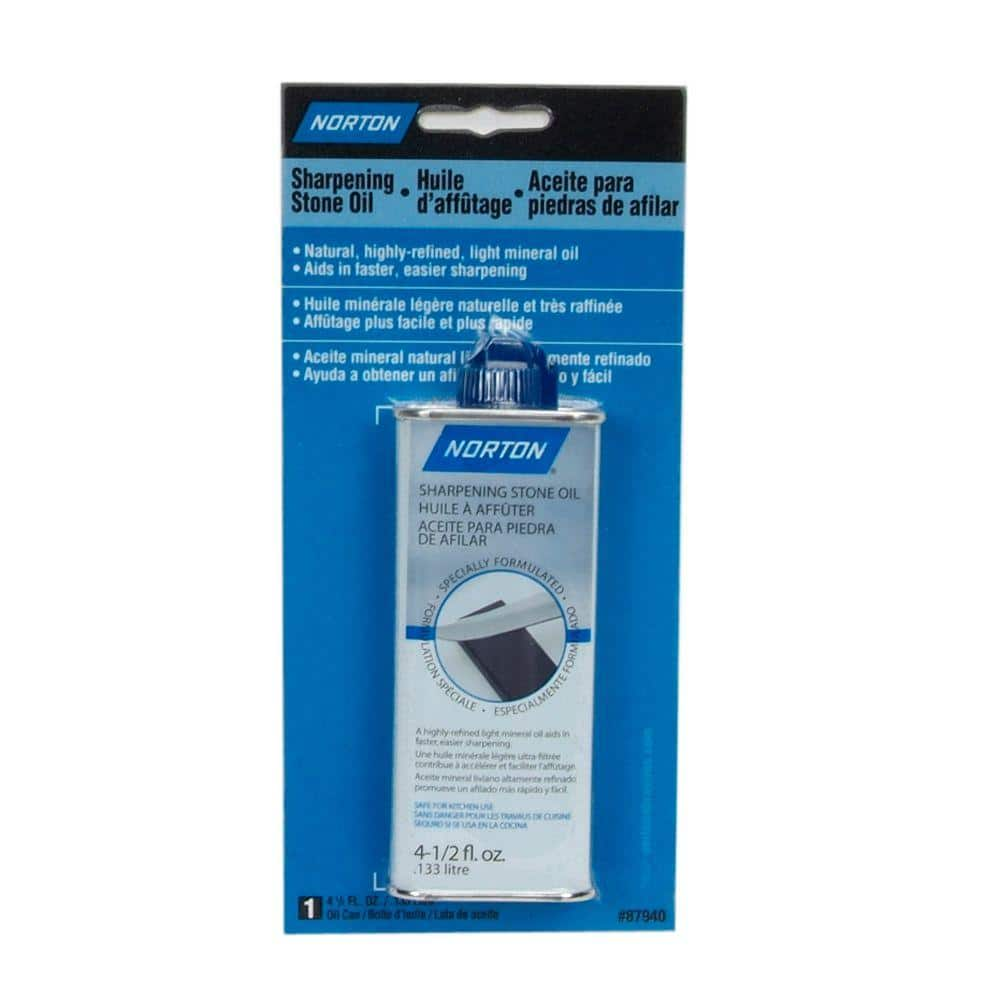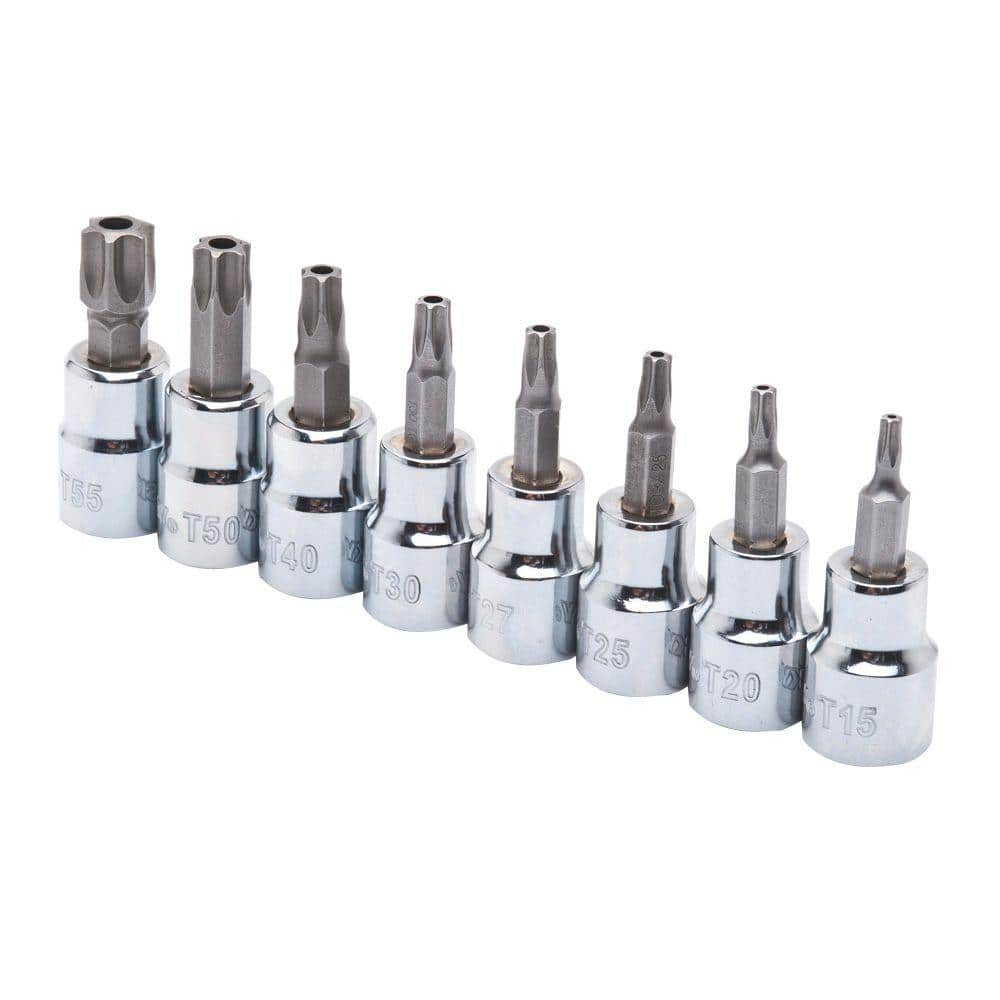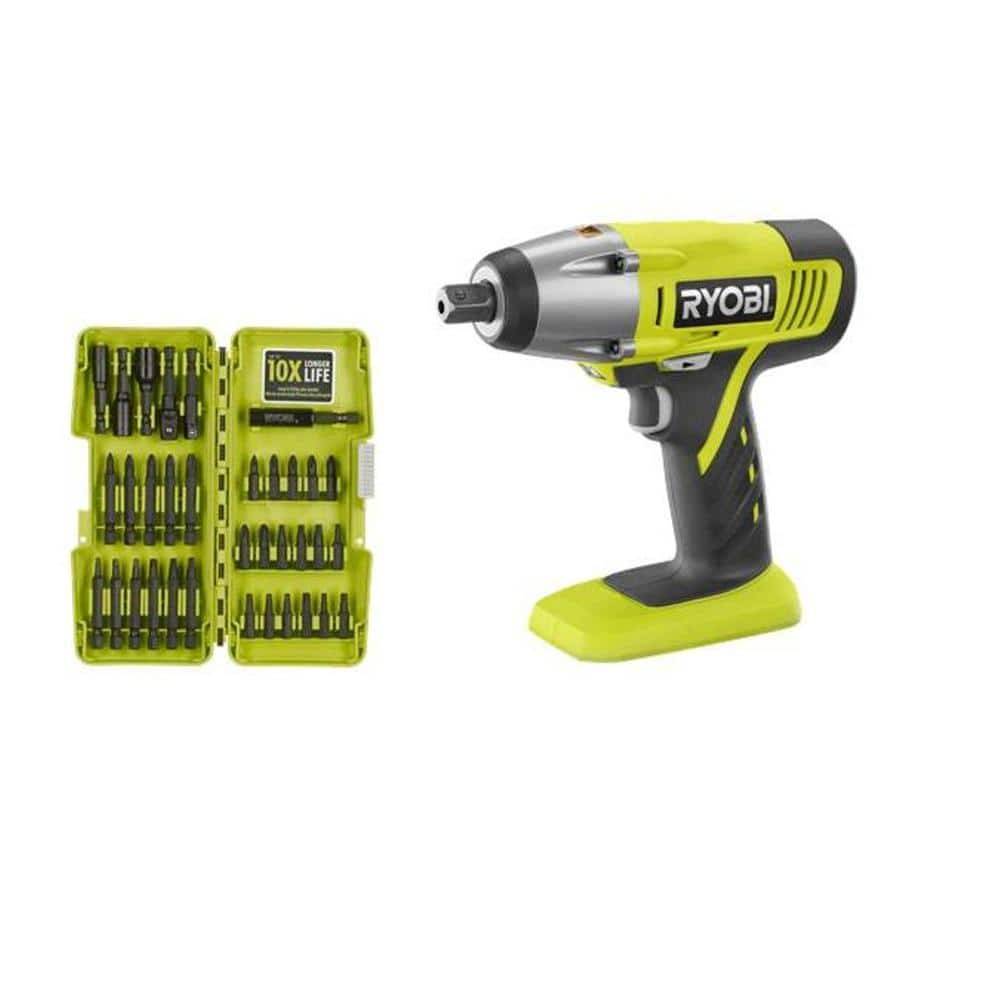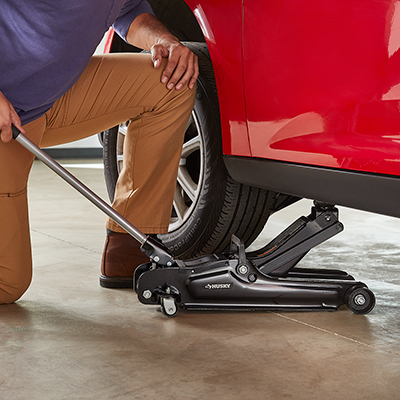Must Have Automotive Tools for Mechanics
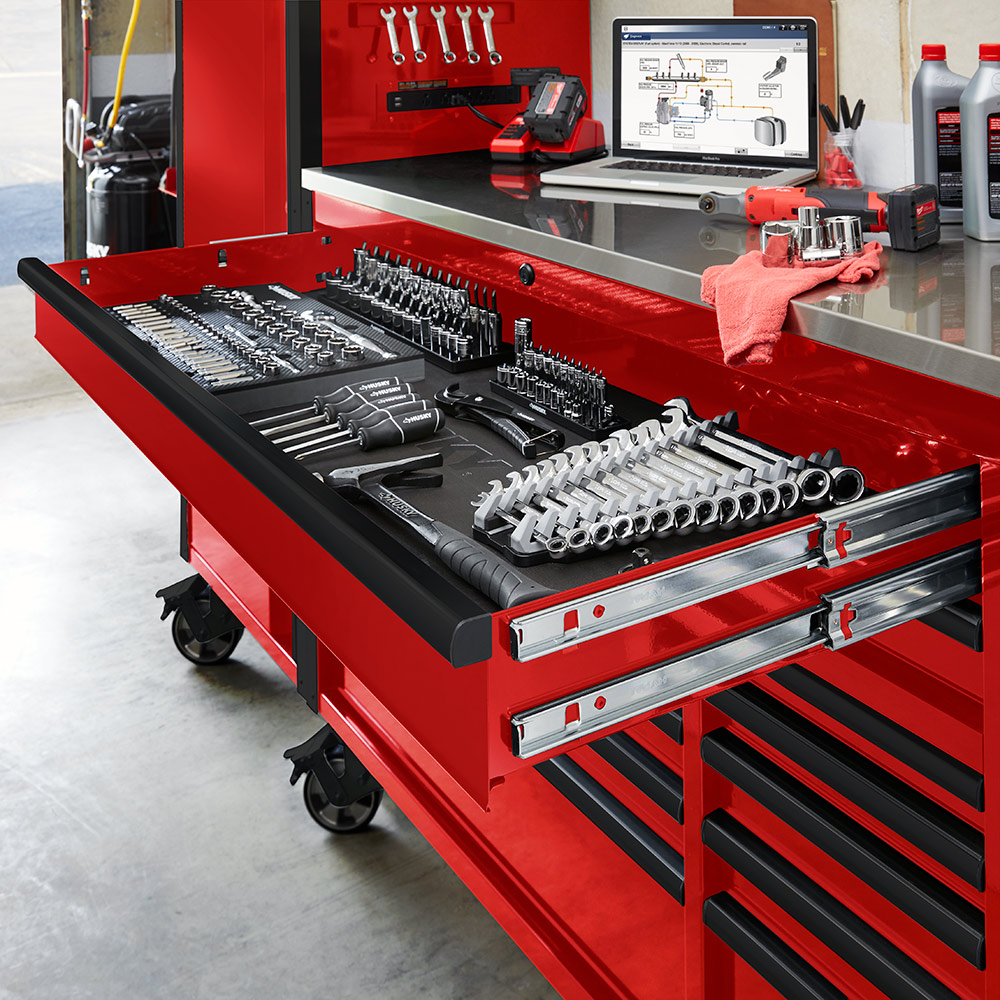
Last updated October 20, 2023
As a mechanic, you rely on durable, high-quality tools. Even if you only work on your own vehicles, you need the right equipment get the job done efficiently and safely. A well-stocked mechanics tool set is a smart buy and a great starting point. Use this guide to learn more about the must-have automotive tools for mechanics. Then stock your work station with quality items from best tool brands for mechanics.
Table of Contents
Essential Tools for Mechanics
Sockets
Air Ratchet
Torque Wrench
Impact Wrench
Screwdrivers
Essential Tools for Mechanics
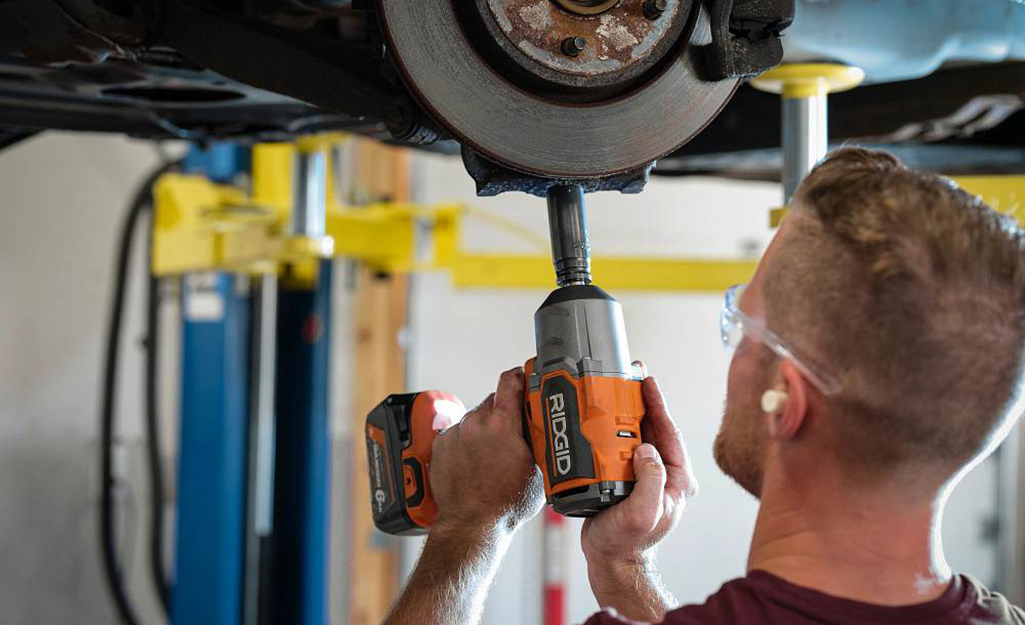
While there are many different types of tools available for mechanics, there are some that are essential. At the minimum every automotive tool kit should a reliable set of sockets and drive tools. Sockets come in various sizes, shapes, and materials. They are made to fit different types of bolts and nuts that need to be loosened or tightened. Drive tools are used to fit and remove screws, nuts, bolts, and other fasteners. Make professional car repairs with quality set of tools in the right sizes and shapes that you need. Consider getting a workbench cabinet to properly store and organize your tools.
Sockets
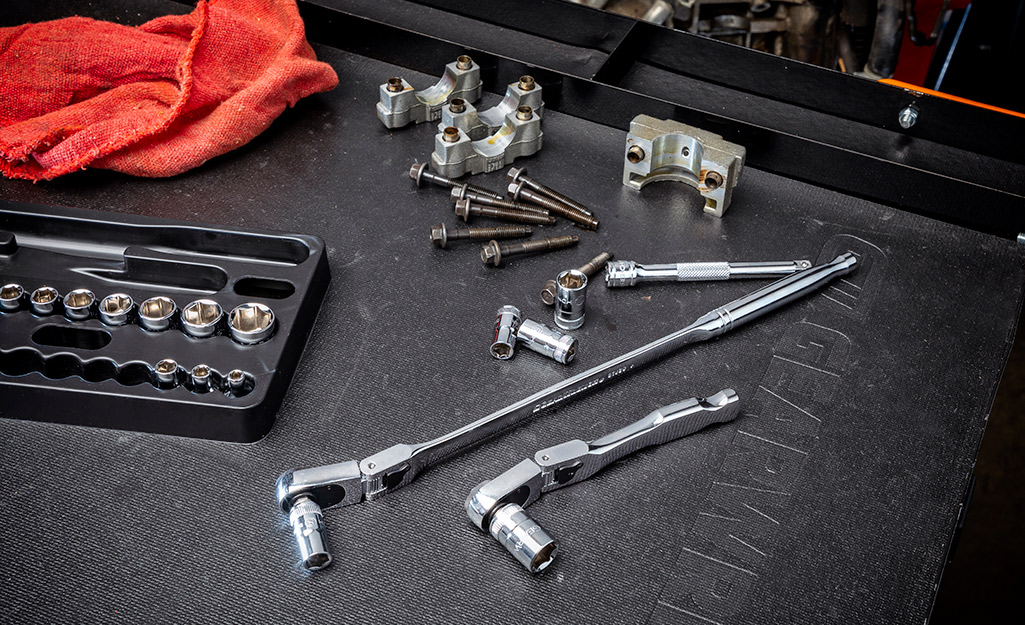
Socket sets typically include a ratchet handle and several attachments. Common socket styles are extensions, universal joints and adapters. Sockets help loosen and tighten bolts, nuts, screws and other fasteners quickly. They come in a variety of sizes, so it’s important to make sure you have the right ones for your specific job.
The most common sizes are metric and SAE (Society of Automotive Engineers). Opt for ratchets that have adjustable speeds so you can work efficiently. Choose socket sets made from materials that can handle tough jobs such as stainless steel or chrome vanadium.
Air Ratchet
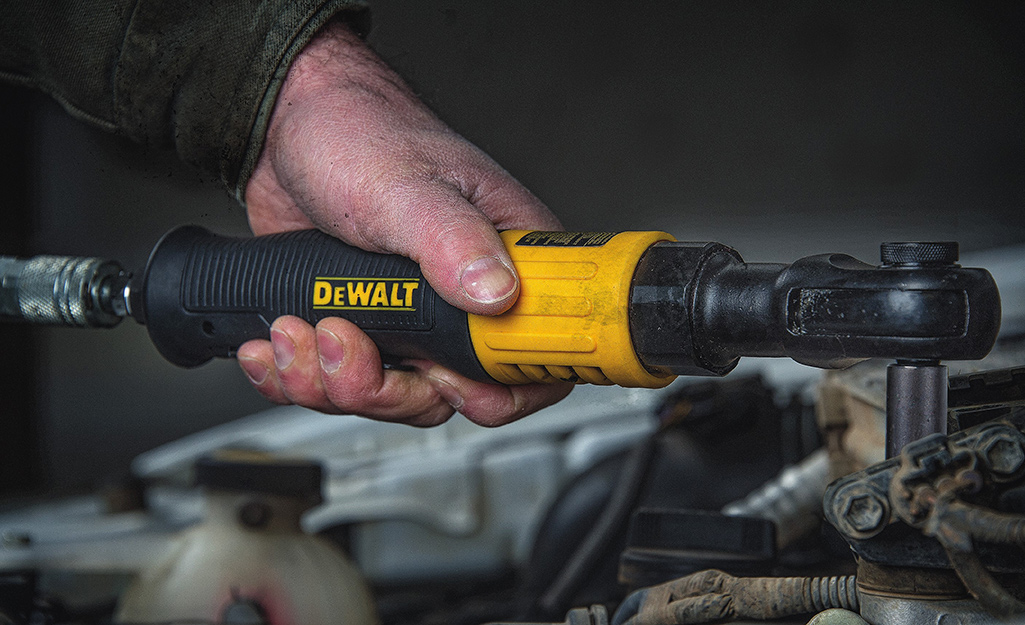
An air rachet is powered by compressed air or electricity. It has a powerful torque that rotates bolts and nuts efficiently. Something that would take a while using hand tools can be done quickly. It is perfect too for loosening tight or stuck bolts and stubborn fasteners. An air ratchet is good option to a regular impact wrench. They are more accurate, more comfortable to hold and easier to use in tight, small spaces.
Torque Wrench

Torque wrenches tighten to the correct torque. With a torque wrench you avoid under or over tighten a fastener. For example, if the bolt you’re working on is under tightened, parts can fall off.
When a bolt or nut is over-tightened, the part can become damaged or wear quicker. This can cause a very hazardous situations, especially during driving. Torque wrenches come in a variety of sizes and types with different ranges.
The higher the accuracy and range of sizes, the higher the upfront investment. Durability and a comfortable grip is important when choosing a torque wrench.
Impact Wrench
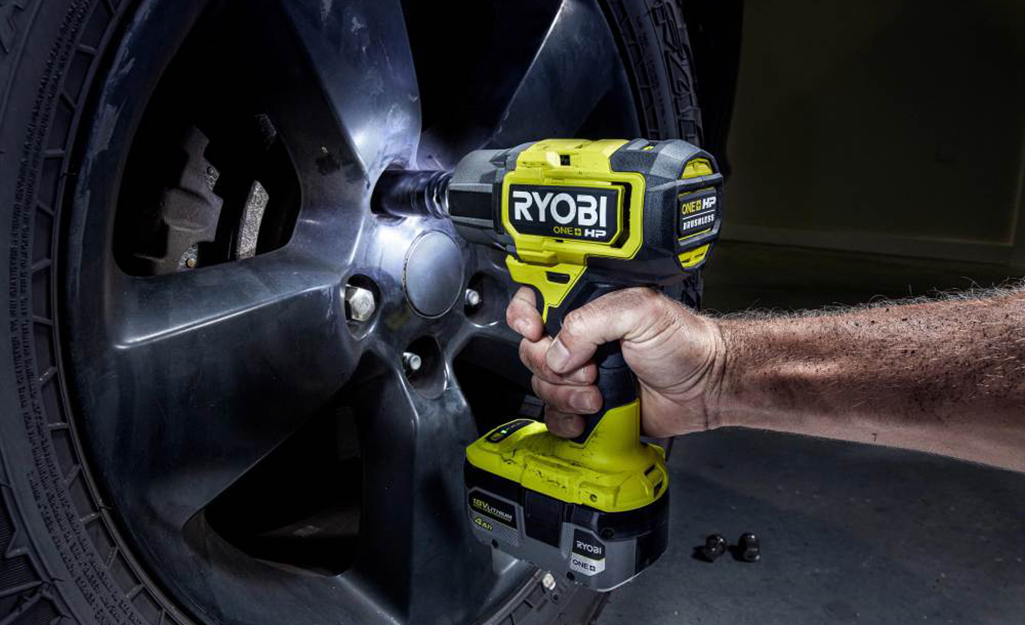
An impact wrench provides high torque turning in powerful bursts. It’s the most common way to tighten and loosen tough bolts, nuts and fasteners when working on a vehicle. If you choose an electric model, select the cordless option for better maneuverability. You can get an impact wrench powered by compressed air or electricity. Impact wrenches come in different sizes, torques and speeds. A medium torque with a speed between 2000-3000 RPMs works for most jobs.
Screwdrivers
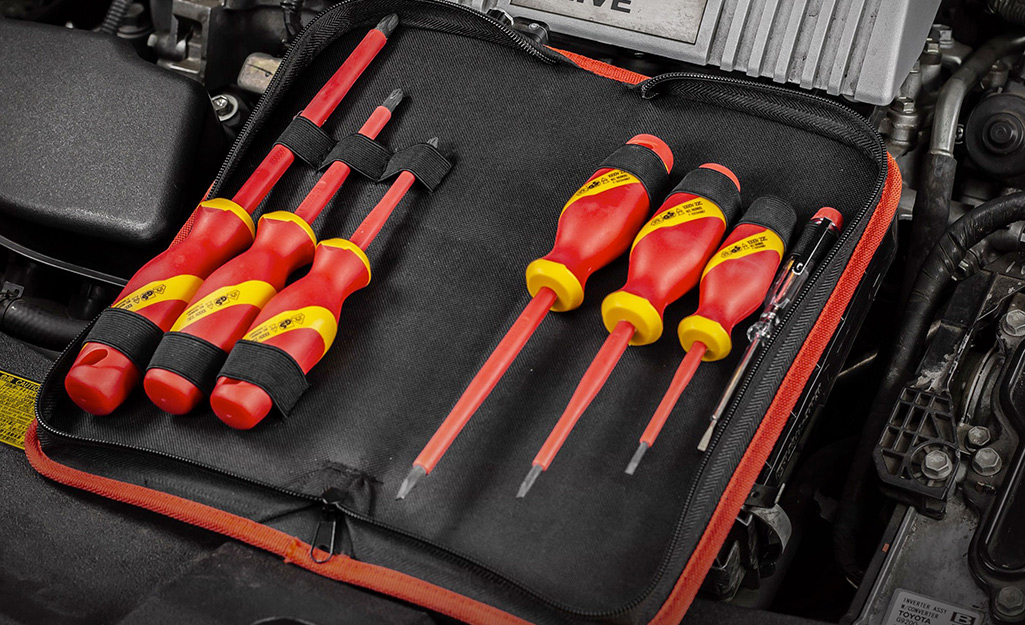
A good set of screwdrivers is essential for many different automotive repair jobs. These drive tools can do everything from tightening screws to prying parts open. Choose a quality screwdriver set, preferably made from hardened steel. Hardened steel is durable even under extreme temperatures .
Screwdrivers come in a range of sizes, shapes and materials. Each is designed for different tasks. For example, ones with slim shanks and handles are ideal for tight spaces.
- Flat-head screwdrivers have a single blade that usually comes to a point. It’s used for general tightening and loosening of screws.
- Phillips head screwdrivers have two blades at right angles and is used for screws with the same shape head.
- Slotted screwdrivers have a single straight blade for loosening and tightening slotted-head screws.
- Torx screwdrivers have six points instead of four like a Phillips head and are used for Torx screws.
- Hex screwdrivers have an hexagonal slot in the middle and are used for screws with an identical head shape. They come in both metric and imperial sizes.
Pliers
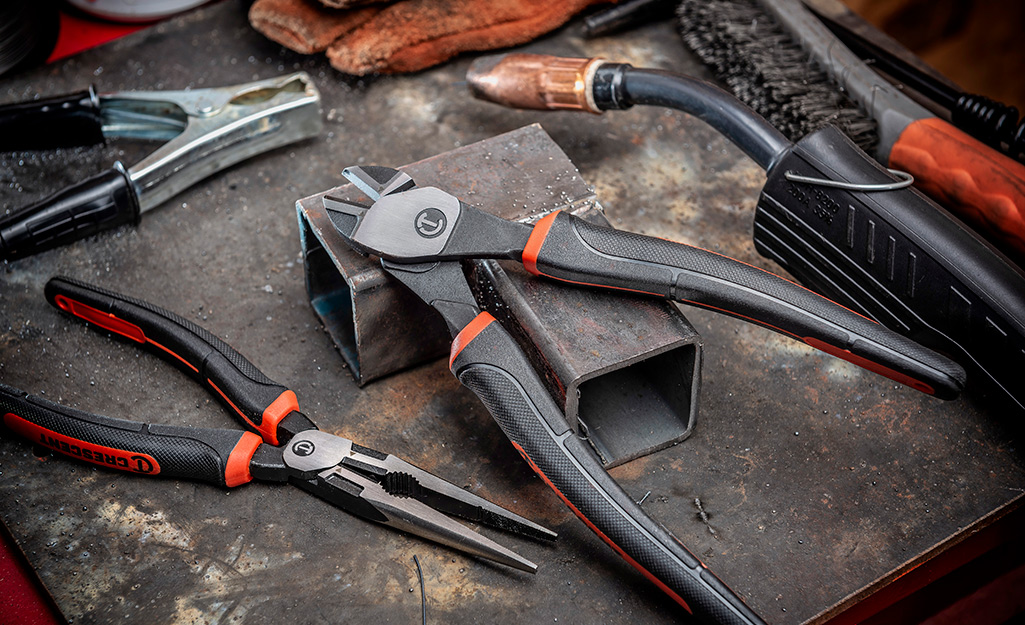
Pliers are versatile tools that can be used for gripping, squeezing, cutting and bending. When buying pliers, thing about their size and weight. The best tools for mechanics should be durable enough for regular use and rust resistant. Having the right pliers makes automotive repairs and modifications easier. Here are the most common pliers for a toolbox:
- Linesman pliers have both cutting and gripping edges for cutting wire or holding parts.
- Vise grip pliers are used for clamping or gripping and are adjustable locking pliers.
- Long nose pliers are made for tight spaces and working with tiny parts.
- Slip joint pliers can be adjusted to different sizes.
Work Lights
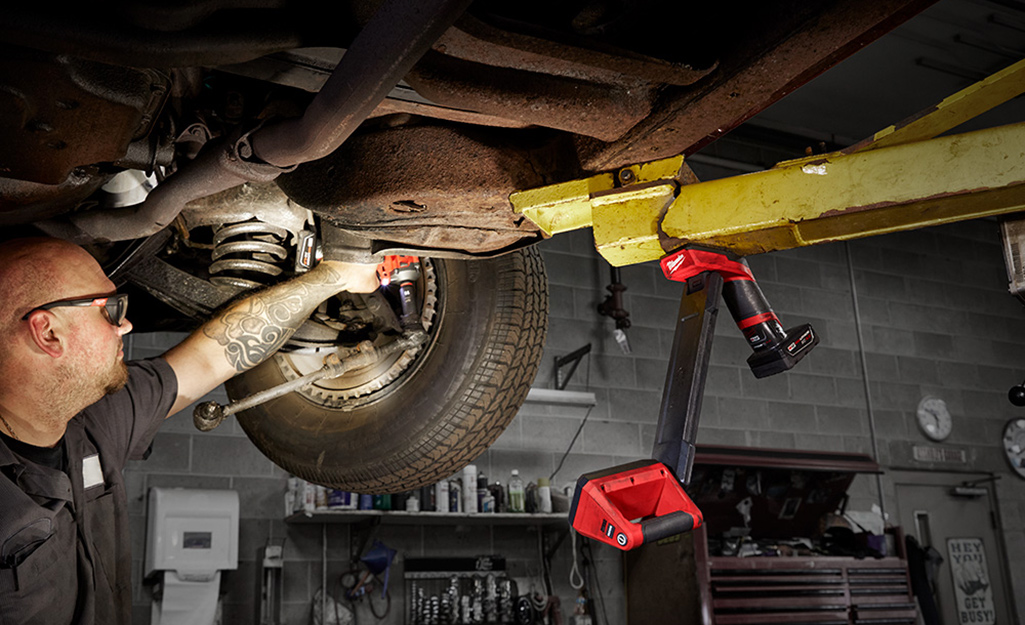
Repairing any vehicle requires a lot of light. A work light is one of the best mechanics tools there is. They can be positioned to light up all parts of a car so you can work. Work lights can be battery-powered and rechargeable or you can plug them in. They come in a variety of sizes and styles. Some types of work lights have flexible necks so you can direct light right where you need it. Others like flashlights can be used to light large areas such as under the car.
Automotive Parts Washer
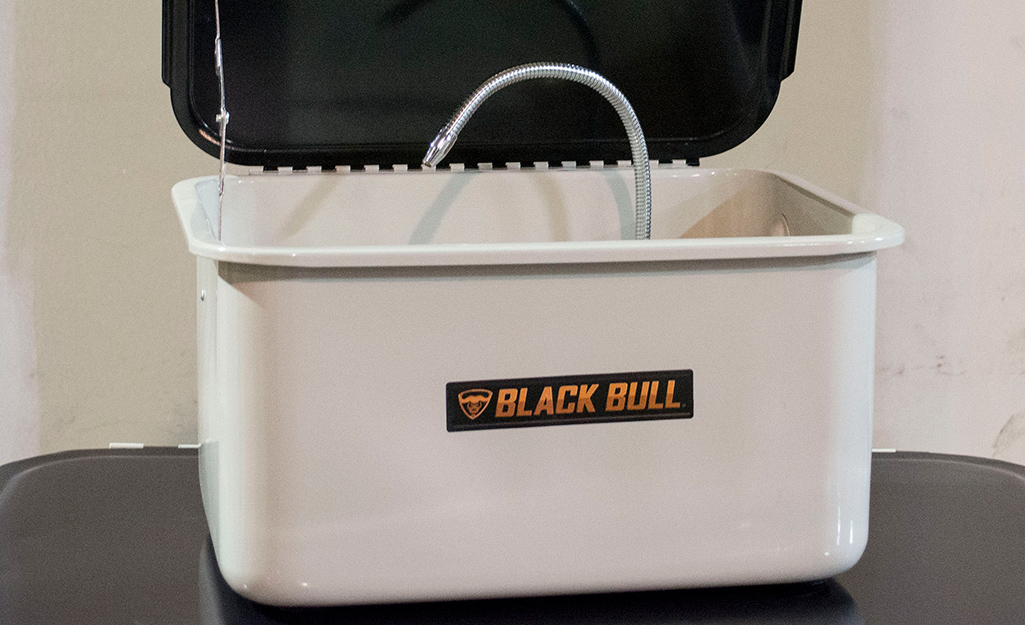
Using clean parts when you work on your vehicle can made a difference. An automotive parts washer is a specialized tool designed to remove dirt, grime and grease. They’re available in a heavy-duty, standalone style or a tabletop option for small jobs. Most parts washers use a combination of water and detergent to clean car parts. More advanced parts washer models can also contain degreasers or solvents for grease and grime. With some washers you can even remove hazardous materials from parts before installing them.
Brake and Oil Change Tools
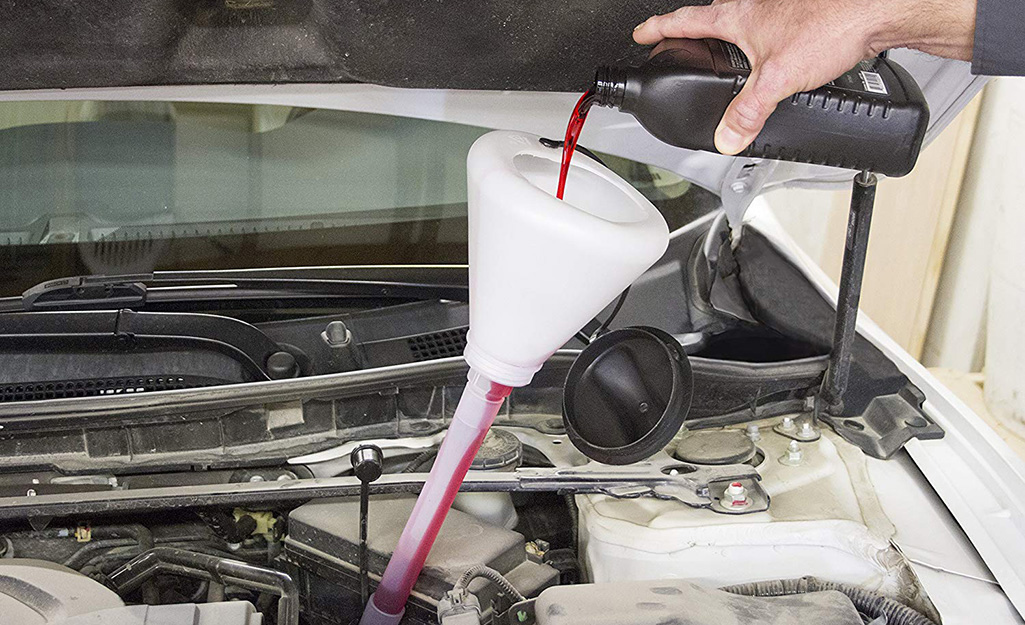
- Air in your brake lines can be a problem. A brake bleeder kit flushes the air out when you’re performing brake repairs. Use basic brake bleeder kits, vacuum pump kits and a range of professional supplies for fast fixes and commercial garage tasks.
- A funnel is a must-have item for any garage. It’s ideal to have a range of sizes, from small to extra-large. In addition to basic funnel options, add hand and electronic pumps to easily access hard-to-reach places.
- Drip pans are common tools for mechanics.
They catch old motor oil during an oil change. They can also be used to catch other types of oil that might leak out of your car during basic maintenance or repairs. Keep a range of drip pan sizes on hand.
Jacks, Dollies & Mechanics Creeper
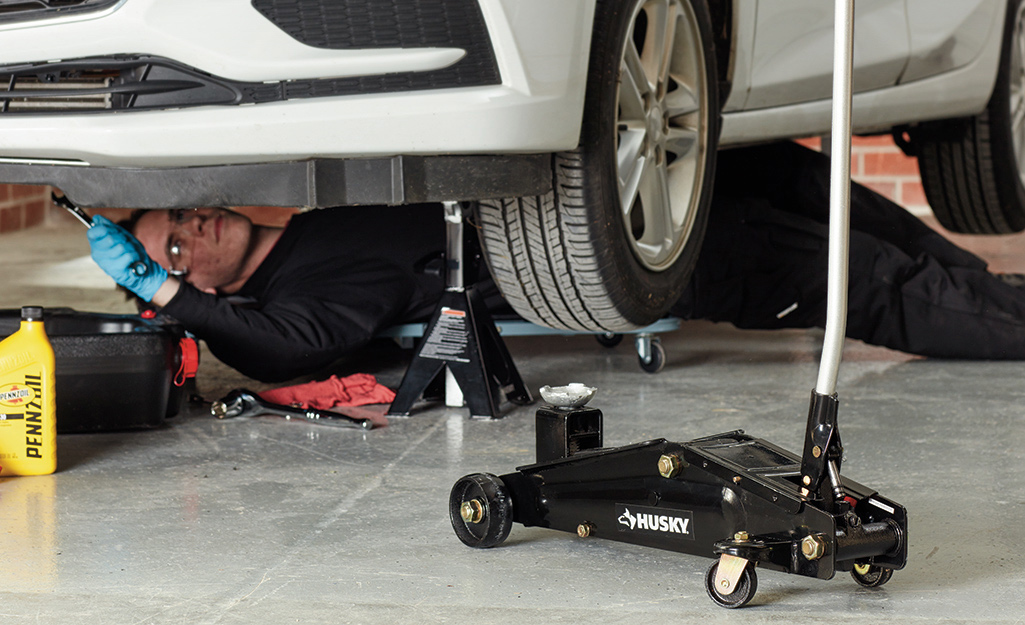
- Designed to make lifting a heavy vehicle easier, a floor jack is one of the best mechanics tools. Every floor jack has a weight rating. This rating shows you how much the jack can safely raise. If you work on many different vehicles, choose a heavy-duty jack. For a home garage, select a light-duty jack. Hydraulic and low-profile styles also make it easy to get the right floor jack model for your garage.
- A set of jack stands will also hold that vehicle in place for work. Like floor jacks, jack stands support the right amount of weight based on the vehicle. A variety of jack stands exist, ranging from 1500-pound, high-profile models to 22-ton, pin-style models for supporting serious weight.
- Wheel dollies can help you properly position a car without turning it on. Rated by weight, you’ll need wheel dollies designed to support the vehicle you’re working on. Shop for single wheel dollies, sets of two and sets of four.
- A mechanics creeper allows you to simply lay down and roll up under the vehicle. A mechanics creeper keeps you from lying on a hard floor. This can prevent hurting your back, neck and shoulders during a long day’s work.
Diagnostic Tools
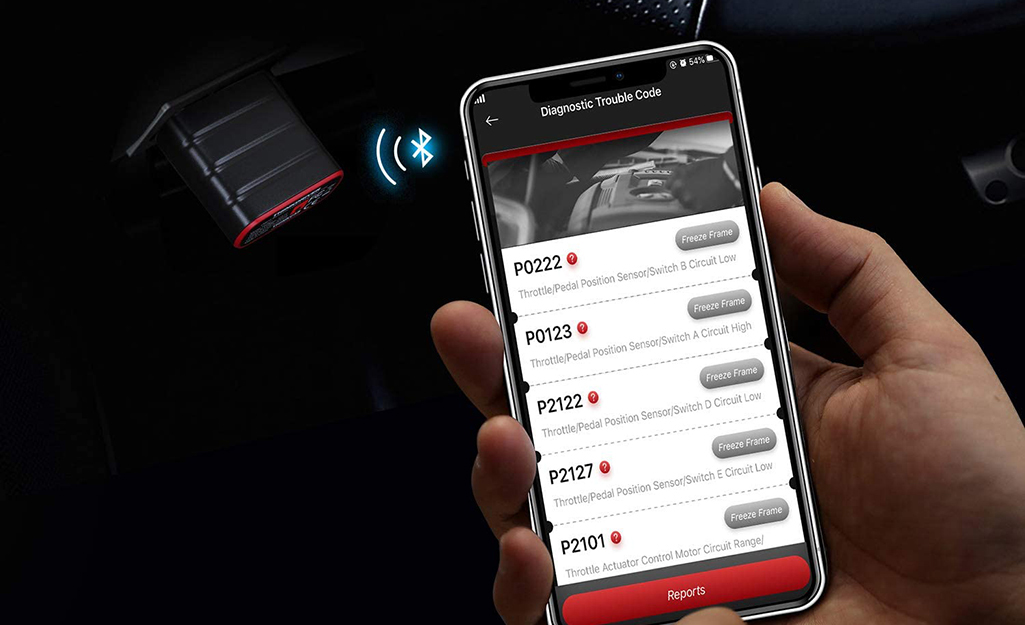
With an OBD2 scanner, you can read vehicle error codes that will guide your auto repairs. These are computer-based diagnostic tools that every mechanic needs, even if you’re only performing minor fixes on your car or truck.
Engine valves, engine valve seats and piston rings can tell you a lot about how your engine is wearing. With a compression tester, you can check to make sure that each cylinder is working as intended. You generally want a compression reading of 100 PSI or more per cylinder, with less than 10 percent variation between readings.
Tip: Consult your compression tester manual to learn more about how to gauge readings and what they mean.
A quality set of mechanics tools will make repairing any vehicle easier and more efficient. Essential tools for automotive repair include sockets, impact drivers, screwdrivers, pliers, jacks and torque wrenches. Choose materials that will last such as stainless steel. Opt for comfortable handles when possible. Invest in the sizes and styles of tools you'll need and you'll be ready for most any repair. Ready to get the best mechanics tools? Use the Home Depot Mobile App to locate products and check inventory. We’ll take you to the exact aisle and bay.
